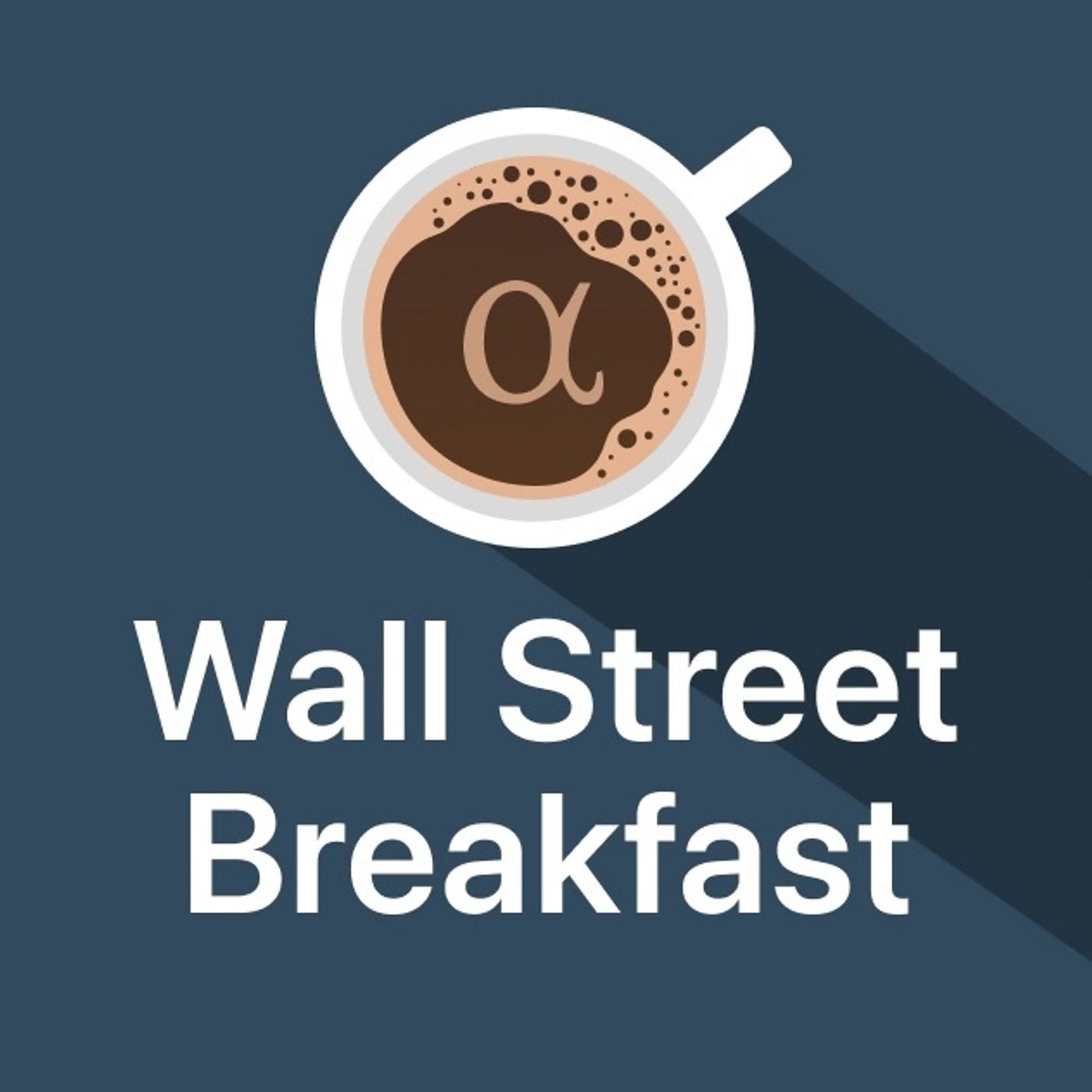
Deep Dive
Shownotes Transcript
Welcome to Seeking Alpha's Wall Street Lunch, our afternoon update on today's market action, news, and analysis. Good afternoon. Today is Monday, May 5th, and I'm your host, Kim Kahn. Our top story so far, it's Tariffs the Movie.
President Donald Trump announced a 100% tariff on all movies produced outside of the U.S. He cited the need to protect a, quote, dying, unquote, American film industry. Trump claims that foreign governments are offering incentives to lure filmmakers and studios away from Hollywood, which he describes as a coordinated effort that threatens national security and acts as propaganda.
He authorized the Department of Commerce and the United States Trade Representative to institute the tariff, according to his post on Truth Social. The movie industry in America is dying a very fast death, he wrote. Other countries are offering all sorts of incentives to draw filmmakers and studios away from the United States.
Hollywood and many other areas within the USA are being devastated. This is a concerted effort by other nations and therefore a national security threat. It is, in addition to everything else, messaging and propaganda. Commerce Secretary Howard Lutnick posted on X, We're on it.
But right now, there's little idea of how the tariff would work. Would moviegoers see a ticket tax for certain films at the box office? What movies would count as being made in America? Would 100% of shots have to be filmed stateside? And what valuation the tariff would be based on? Just production costs or also distribution? The announcement comes amid ongoing trade tensions, particularly with China, which has recently reduced the number of U.S. films it imports.
Netflix, Disney, Warner Bros. Discovery, Paramount Global, Lionsgate, and IMAX are all trading lower.
Looking to the economy, April's ISM Services Index increased to 51.6 in April from 50.8 in March, exceeding the 50.2 consensus. Steve Miller, chair of the ISM Services Business Survey Committee, said, April's change in indexes was a reversal of March's direction, with increases in three, New Order's Employment and Supply derivatives, of the four sub-indexes that directly factor into the services PMI.
Of those four, only the Business Activity Index had a lower reading compared to March. Employment continues to be the only one of these sub-indexes in contraction territory, with two straight months of contraction. In discussing concerns about tariffs, survey respondents mentioned actual pricing impacts more than uncertainty and future pressures, he said. They also continued to mention federal government cuts as a drag on business.
Among active stocks, Berkshire Hathaway is selling off as the company said the board had approved Greg Abel taking over from Warren Buffett as CEO on January 1st. Buffett, who will remain as chairman, announced his plan to step down over the weekend.
Howard Hughes is rallying after Bill Ackman's Pershing Square said it will acquire 9 million newly issued shares in the real estate firm for $100 per share, a 48% premium to the closing price on Friday. The deal ups the price from its original offer of $85 per share for a majority stake and lowers the stake Pershing Square will hold. The transaction represents the real estate developer's desire to transform its strategy and ratchet up its investments in public and private companies.
And Hims and Hers Health announced the appointment of Nader Khobani as Chief Operations Officer. Khobani has nearly 20 years of global experience at Amazon, led Amazon's acquisition of PillPack, and launched Amazon Pharmacy.
In other news of note, Skechers USA is soaring after the company agreed to be acquired by 3G Capital for $63 per share. That represents a premium of 30% to the 15-day volume-weighted average stock price. There is an option for Skechers holders to choose to get $57 per share in cash and one LLC unit in a newly formed private company that will be the parent company of Skechers.
The transaction was unanimously approved by the Skechers board of directors, including an independent committee of independent directors. The deal is seen as a transformational long-term partnership opportunity for Skechers to further evolve as a global leader in both lifestyle and performance footwear, according to the company.
And in the Wall Street Research Corner, JPMorgan says equity ETFs are experiencing a year-to-date inflow pace of $387 billion, which, when annualized, approaches last year's record high of $1.25 trillion. This resilience stands in stark contrast to the high market uncertainty and depressed investor sentiment currently plaguing the market. The continuous ETF inflows demonstrate remarkable investor confidence despite prevailing headwinds, they said.
U.S. domiciled investors remain underweight in equities, while their share of total inflows has decreased from two-thirds last year to about half year-to-date. We're seeing a significant reallocation in the global investment landscape, JPMorgan said. Retail investors in the U.S. continue to buy the dip, purchasing at a consistent pace of roughly $40 to $50 billion per month. This behavior represents a significant departure from 2022's selling pattern when sentiment indicators were similarly low.
Strong liquidity creation, with the U.S. M2 money supply growing at an annualized pace of $1.5 trillion through March, has likely bolstered retail investors' buying power. That's all for today's Wall Street Lunch. Look for links for stories in the show notes section. Don't forget, these episodes will be up with transcriptions at SeekingAlpha.com slash WSP. And for a wealth of coverage on stocks and ETFs, go to SeekingAlpha.com slash subscriptions.